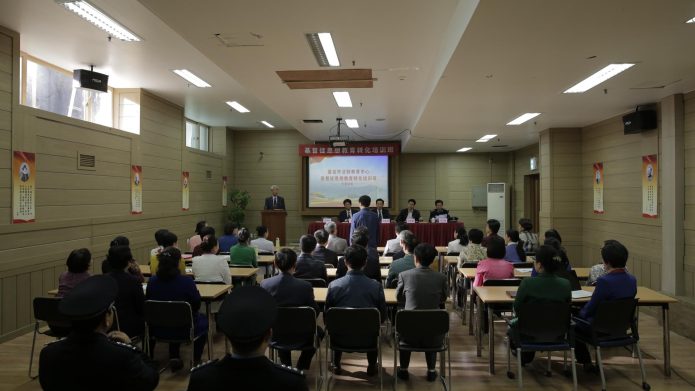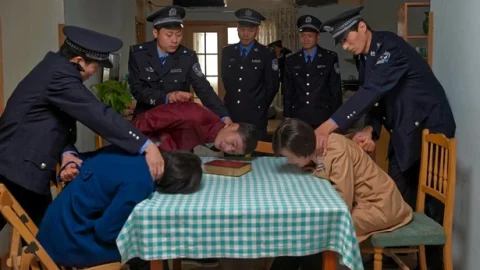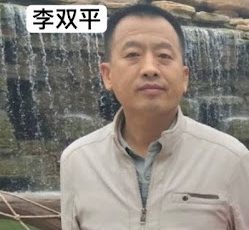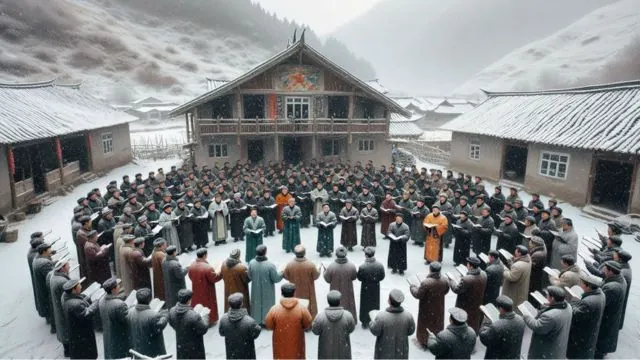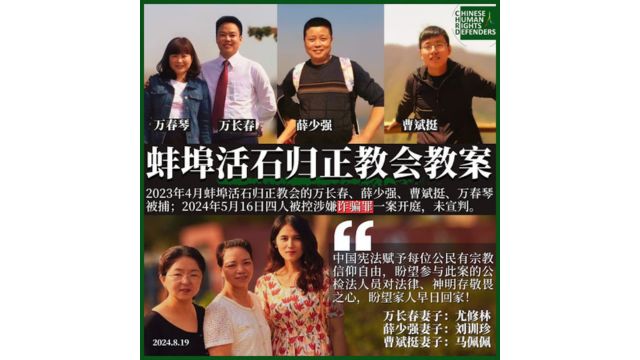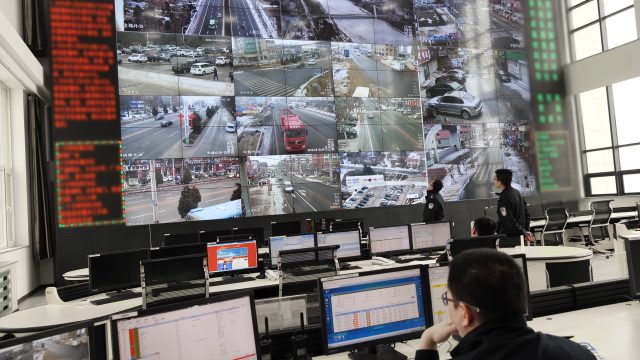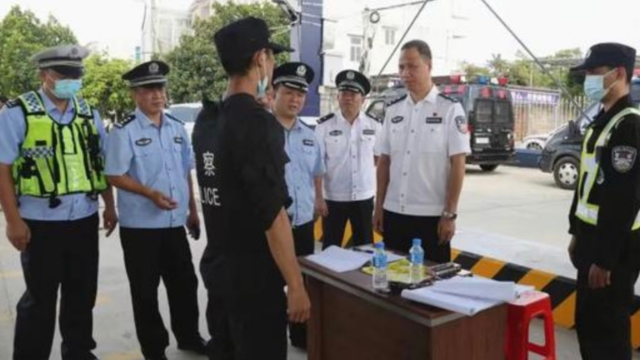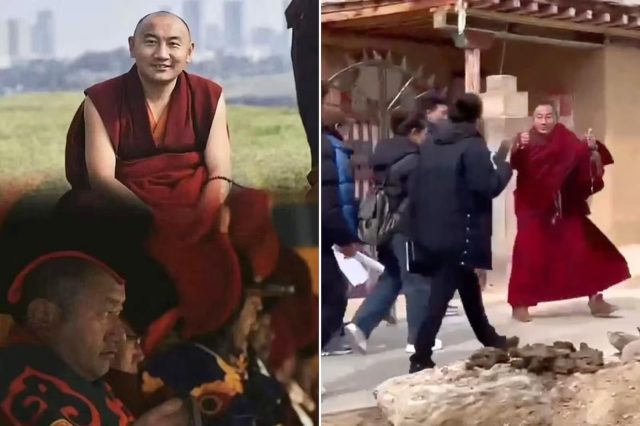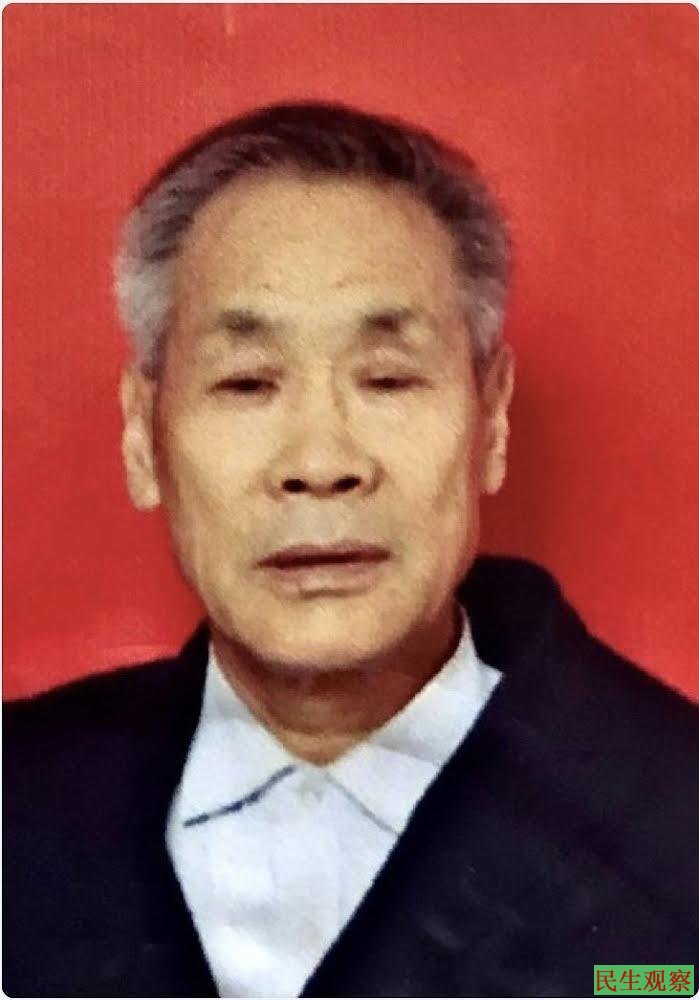Tsering Tso was held for ‘administrative detention’ for 15 days.
By Palden Gyal and Lhuboom for RFA Tibetan
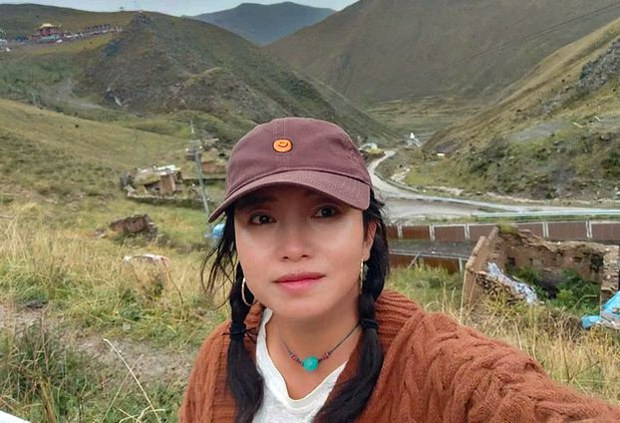
A Tibetan woman known for outspoken criticism of China on social media was detained and beaten by police in western China’s Qinghai province, sources inside the country told Radio Free Asia.
Tsering Tso, 39, was subjected to “administrative detention” for 15 days from Oct. 26 to Nov. 10, 2023, in the Kyegudo (or Yushu in Chinese) city detention center, where she was interrogated and beaten by the police, said the sources, who asked not to be identified for safety reasons.
It was the second time in three years she had been detained.
In two official letters issued by the Yushu Public Security Bureau, which were seen by RFA, authorities accused Tso of “falsely accusing the government and officials and spreading misinformation via at least 17 videos posted on her personal TikTok account and private social media accounts” between Oct. 8 and Oct. 15, 2023.
While in detention, at least a dozen policemen interrogated and beat Tso and broke her mobile phone, while forcing her to “reform her behavior,” she said in a social media post on Nov. 17, 2023, following her release.
Since then, Tso’s personal social media accounts on various platforms, including TikTok and Kaishou, have been closed down and can no longer be accessed, one source inside the country told Radio Free Asia.
Tso did not immediately respond to RFA’s queries and requests for comment.
Calls to speak up
Tso has drawn police attention in the past for her postings on social media platforms.
In Nov. 2020, she was taken into custody at her home in the provincial capital Xining and brought by 10 officers to a detention center in Trika county, where she was held for 10 days before being released under continuing surveillance.
In a video seen by RFA, Tso had earlier called on Tibetan intellectuals and influencers inside Tibet to speak up and voice their criticism of the Chinese government’s human rights abuses against Tibetans.
“From 2015 until now, for over a decade, I have been speaking up for the rights of the Tibetan people in Lhasa and Qinghai,” she said. “Is it only me who understands the rule of law? Everyone has gone to school and received the same education I have. Is it only me who knows how to speak up?
“Why don’t the educated and the intellectuals speak up?” she continued. “If you speak up, you will be arrested. But if I am the only one speaking up, the impact of it will be much less. However, if everyone speaks up, it will be harder for local authorities to practice racial or ethnic discrimination and human rights abuses against Tibetans.”
Tso, who operates a travel company through which she organizes tours in various parts of the country, including Lhasa, has also spoken about the hardships Tibetans face in starting and running businesses in their homeland.
In two videos obtained by the Dharamsala-based Tibetan Center for Human Rights and Democracy advocacy group on Oct. 16 and Oct. 19, 2023, Tso can be seen highlighting the difficulties in obtaining a license to run a small business and accusing local leaders of corruption and misusing their power for personal gains.
Speaking in Mandarin, Tso criticized the “feudalistic mindset” authorities and their determination to make it difficult for “hardworking and educated people from ordinary households to accomplish great deeds and realize their dreams.”
Earlier in July 2023, Tso also shared a video taken inside the Lhasa railway station, where she said that when people left the building, authorities screened and questions Tibetans and asked them to show additional documents, whereas the Chinese were allowed to pass through without scrutiny.
Tso pointed out that local Chinese authorities in Lhasa were violating national laws and discriminating against ethnic groups.
Translated by Tenzin Pema for RFA Tibetan. Edited by Roseanne Gerin and Malcolm Foster.
Source: Copyright © 1998-2016, RFA. Used with the permission of Radio Free Asia, 2025 M St. NW, Suite 300, Washington DC 20036. https://www.rfa.org.



